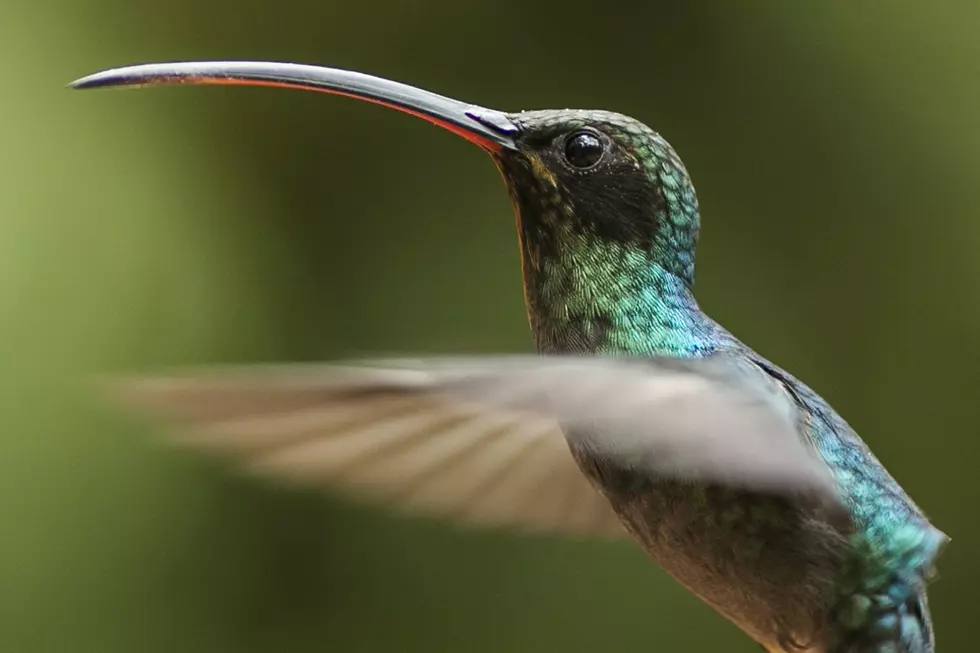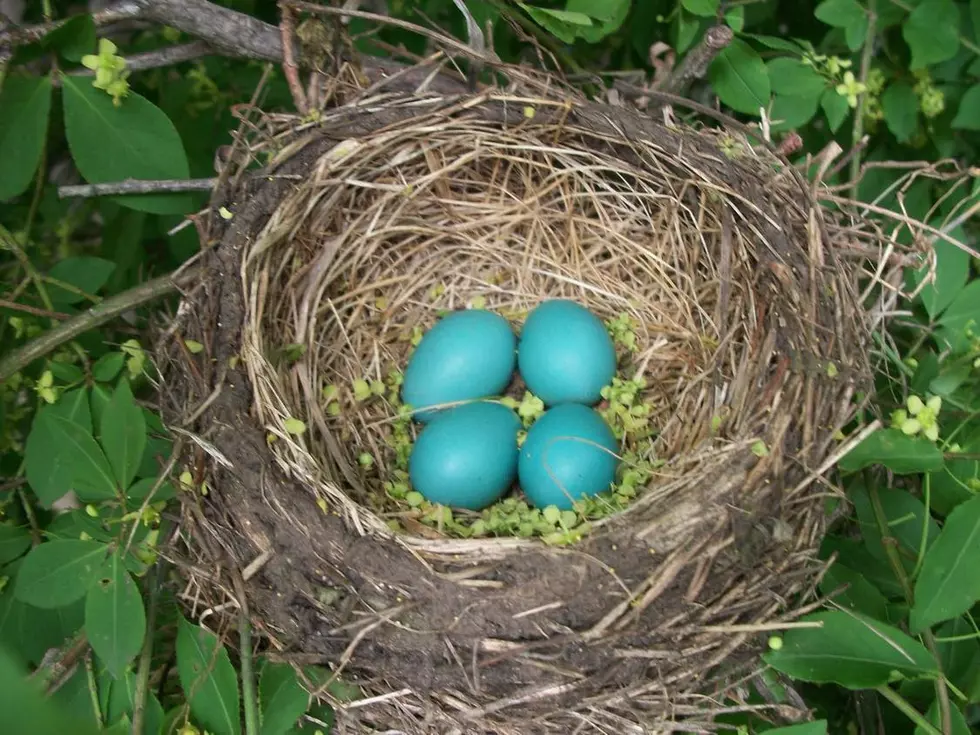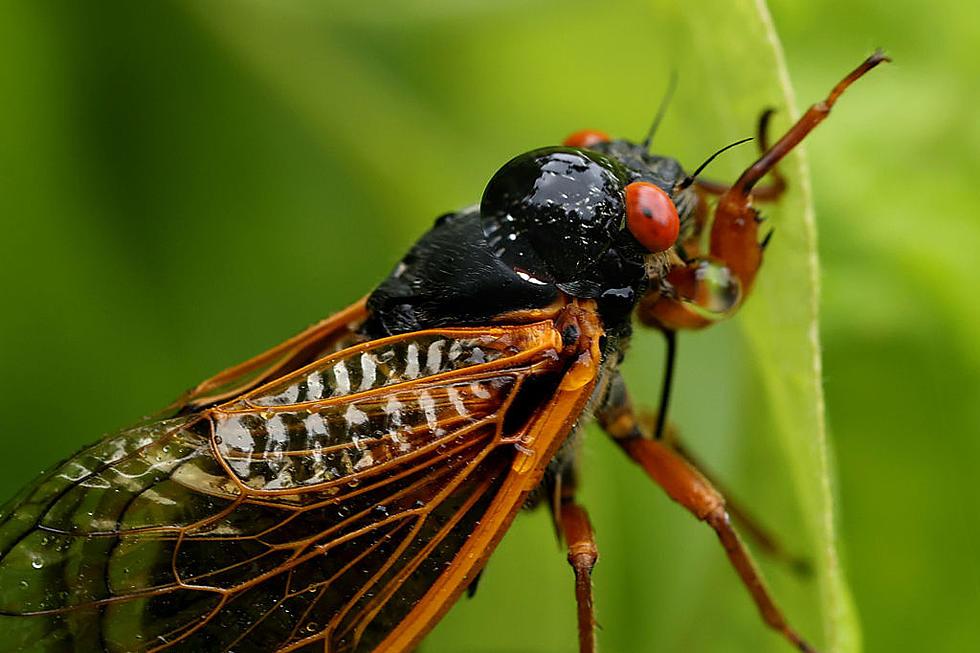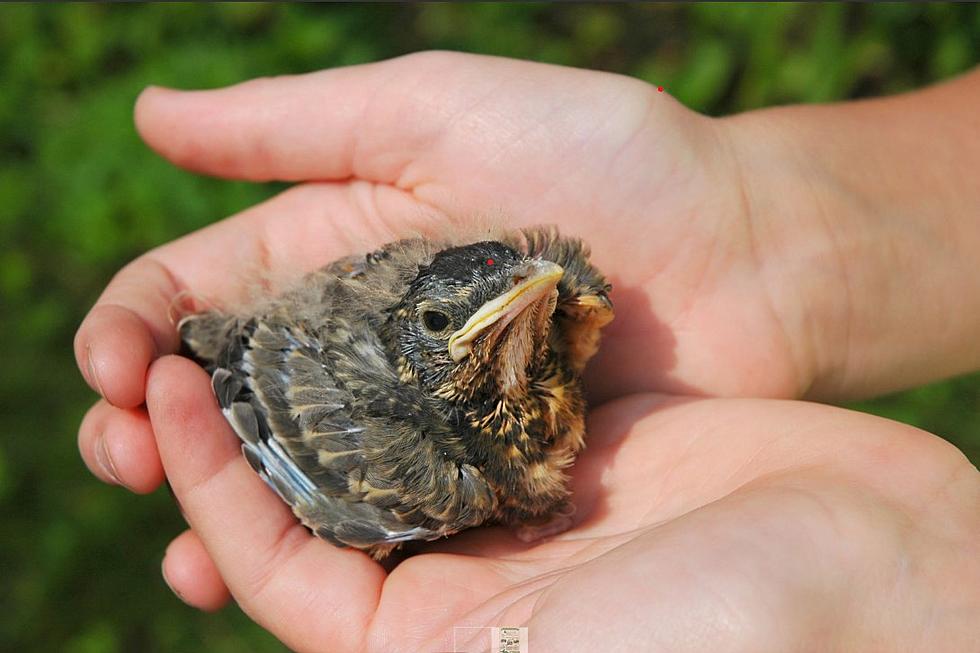
SouthCoast Hummingbirds Are Coming So Here’s What You Need to Know
Do you hear that? That’s birds chirping again, and it’s a welcomed sound on the SouthCoast every spring. Gardeners, bird watchers, and everyone in between looks forward to the return of the hummingbird around this time of year.
My mother puts out a feeder every year and our garden is filled with families of these intriguing birds. There seem to be some misconceptions on how to properly care for these beautiful creatures, so thankfully, the Massachusetts Audubon released the perfect guide on how to keep hummingbirds flourishing this year.
I don’t know what’s more impressive, the fact that hummingbirds can flap their wings 53 times per second or the fact that they can live off nectar. I wouldn’t mind drinking sugary water for the rest of my life.
According to the Audubon, they require more than their body weight in nectar and insects, so here is how you can help them continue to flourish in this area:
- To make nectar, mix four parts boiling water with one part sugar, and let it cool before filling the feeder.
- Red dye is not necessary. Hummingbirds are attracted to the color of the feeders so there is no need to add to the homemade nectar.
- Clean the hummingbird feeder at least once a week to prevent mold and bacteria.
- Don’t worry about bugs. Hummingbirds will gladly eat ants and other small insects.
- The best time to put out a hummingbird feeder is late April or early May, so get ready, it’s almost time.
I’m so excited to share this information with my friends and family. I have always thought that red dye was harmful to the birds, but the Audubon dives a little deeper into this myth, and I love how there are actually steps you can take to assure that your backyard can be a safe haven for these stunning birds.
Want to learn more about SouthCoast hummingbirds? Here are five answers to frequently asked questions, thanks to Mass Audubon.
Hummingbirds Are Returning to the SouthCoast So Here's What You Need to Know
More From WFHN-FM/FUN 107





![Fun Morning Show Attempts the Mariah Carey ‘High Note Vocal Run’ Challenge [VIDEO]](http://townsquare.media/site/519/files/2023/12/attachment-mc.jpg?w=980&q=75)



